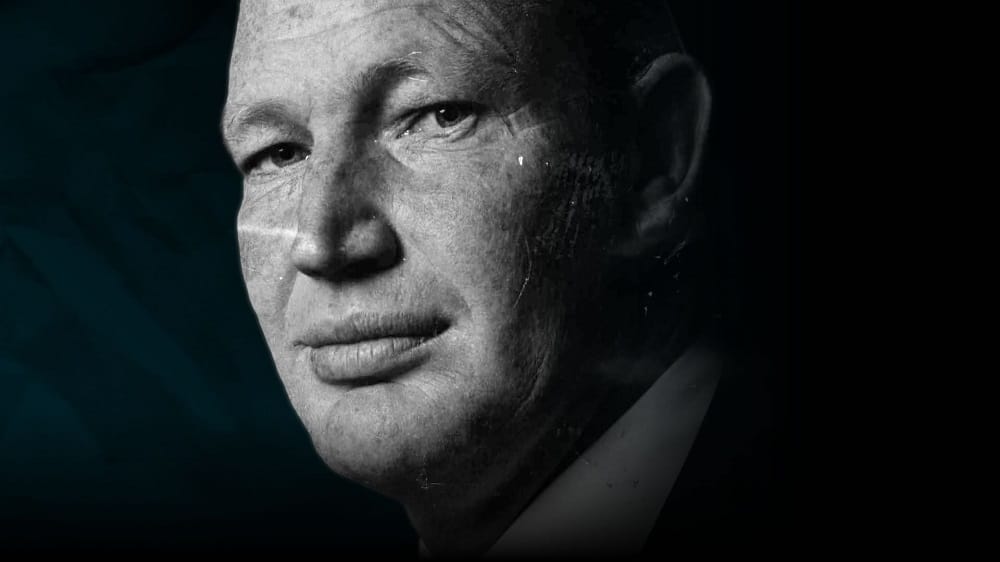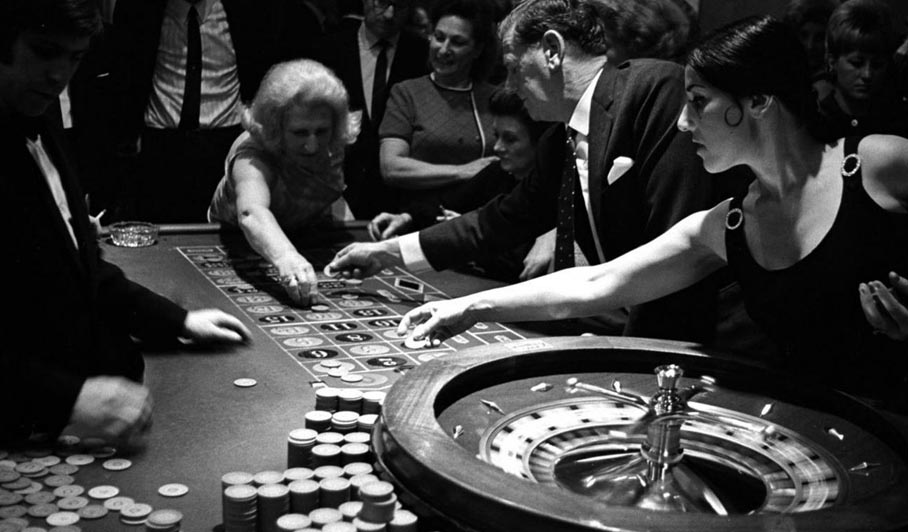Famous Gamblers In History
4/7/2022by admin
Famous Gamblers In History 6,4/10 3370 reviews
Chemists study the makeup and qualities of matter. They research and study these qualities in order to learn more about the world that we live in. Below is a grouping of some of the world’s most famous chemists. These individuals have made discoveries that have helped to advance and modernize the world that we live in today.
Most Famous Gamblers
Most Famous Feminists. These are 10 most inspiring, popular and important Feminists - The women who changed the world in history. From Elizabeth Stanton to.


Famous Gamblers In History Since
- Through the time, tehre was lots of discrimination, including the gender one as well. Read all about how did the women got their casino rights!
- Easily create engaging history presentations. Impress your audience by using this step by step template that brings your historical report information to life. Useful for school projects.
- History is full of great libraries.
- Believe it or not, but prostitutes used to be a relatively well-respected profession—at least, you know, much more so than it is now. If you want to see the prostitution trade in its heyday—the.

Famous Chemists
Famous Gamblers In History Book
| Robert Boyle (1627-1691) Nationality:English Known For:Boyle’s law Many regard Boyle as one of the founders of modern chemistry. He established Boyle’s law, which says that there is an inversely proportional relationship between absolute volume and pressure of a gas so long as the temperature is kept steady and within a closed system. | Joseph Priestley (1733-1804) Nationality:English Known For:Isolated oxygen and discovered several gases Priestely often given credit for the discovery of oxygen, something that he called “dephlogistacted air.” He also invented soda water and is famous for isolating several other gases. | Antoine Lavoisier (1743-1794) Nationality:French Known For:Naming of oxygen and hydrogen Known as the “father of modern chemistry,” he named hydrogen and oxygen as well as predicted the existence of silicon. He also helped to create the metric system and make a list of the elements. He also found that matter’s mass remains the same regardless of form or shape. |
| John Dalton (1766-1844) Nationality:English Known For:Pioneer of modern atomic theory John Dalton was the very first person to explain atomic behavior based on weight measurements. He also created what is now called Dalton’s Law of Partial Pressures. | Humphry Davy (1778-1829) Nationality:English Known For:Discovered chlorine and iodine Humphry Davy was the chemical superintendent at the Pneumatic Institution where he studied therapeutic methods of using different gases. Besides his work to help discover chlorine and iodine, Davy is known for making the suggestion that nitrous oxide could be used as an anesthetic for surgery on humans. | Michael Faraday (1791-1867) Nationality:British Known For:Contributions to electrochemistry Faraday discovered two new compunds of carbon and chlorine, experimented on diffusion of gases, created an early version of the Bunsen burner, liquified gasses and discovered the laws of electrolysis. |
| Louis Pasteur (1822-1895) Nationality:French Known For:Discoveries involving tartaric acid, chiral molecules and crystallography Pasteur discovered the molecular reasons for the asymmetry found in some crystals. His writings on crystallography garnered him much attention and led to him getting a position as a professor of chemistry at Strasbourg College. | Alfred Nobel (1833-1896) Nationality:Swedish Known For:Invented dynamite and explosives. Started Nobel Prize organization Nobel created various explosives, the most well-known being dynamite. By the time of his death he had over 350 patents. He used his fortunes to create the Nobel Prize awards posthumously. | Dmitri Mendeleev(1834-1907) Nationality:Russian Known For:Periodic law and created version of the periodic table Mendeleev was an inventor and chemist who formulated the Periodic Law and even made his own periodic table. He used this table to make corrections to the properties of elements as well as to make predictions about the charicteristics of potential elements yet to be discovered. |
| Svante Arrhenius (1859-1927) Nationality:Sweish Known For:Electrolytic theory of dissociation Known as one of the founders of physical chemistry, Arrhenius was awarded the Nobel Prize in Chemistry for his work involving the electrolytic theory of dissociation. | George Washington Carver (1864-1943) Nationality:American Known For:Agricultural chemistry creations, including over 300 uses for the common peanut George Washington Carver was born a slave and later became an agricultural chemist. The main goal of his work was to improve the lives of poor black and white southern farmers. Some of his greatests accomplishments revolve around the many uses he found for peanuts. | Marie Curie (1867-1934) Nationality:Polish Known For:Research on Radioactivity, discovered Polonium and Radium Marie Curie was the first woman to win a Nobel Prize. She won this award for her research on radioactivity. She is also the only woman to win two Nobel Prizes; one in physics and one in chemistry. She discovered both Polonium and Radium. |
| Fritz Haber (1868-1934) Nationality:German Known For:Synthesized ammonia and discovered calcium, sodium, potassium and boron Fritz Haber won the 1918 Nobel Prize in Chemistry for his work on synthesizing ammonia, a process which is very improtant for fertilizers and creating explosives. To this day, approximately half of the world’s population relies on his discovered method for making fertilizer. Haber has been called the “father of chemical warfare” because of his work with poisonous gases throughout WWI. | Otto Hahn(1879-1968) Nationality:German Known For:Research in areas of radioactivity and radiochemistry Often called the “father of nuclear chemistry,” Otto Hahn co-discovered nuclear fission in 1938 and was awarded the Nobel Prize in Chemistry for it in 1944. Hahn also discovered mesothorium, which was used in medical radiation treatments at a much lower cost than previously available methods. | Linus Pauling(1901-1994) Nationality:American Known For:One of the founders of quantum chemistry Linus Pauling is the only person to win two unshared Nobel Prizes. His first was in Chemistry for his research in the nature of chemical bonds and the other was the Nobel Peace Prize. |
| Frederick Sanger (1918-present) Nationality:British Known For:Research on proteins, insulin and nucleic acids Sanger is the only person to twice win the Nobel Prize in Chemistry. He won his first Nobel Prize in 1958 for his discovery of the structure of insulin. His second Nobel Prize was awarded in 1980 for his findings on the sequencing of DNA molecules. | Rosalind Franklin (1920-1958) Nationality:English Known For:Discovery of DNA structure. X-ray diffraction This physical chemist was an expert in crystallography and X-ray diffraction. She used these skills to study DNA fiber. She is known for taking a key photograph that led to great insight into the structure of DNA. | Mario Molina (1943-present) Nationality:Mexican Known For:Research on how human-made compounds affect the ozone layer Mario Molina’s work helped to find the Antarctic ozone hole. He won the Nobel Prize in Chemistry for his research that proved that chlorofluorocarbon gases are harmful to the Earth’s ozone layer. |
| Ahmed Zewail (1946-present) Nationality:Egyptian Known For:Research on femtochemistry Zewail is known as the “father of femtochemistry,” an area of physical chemistry which analyzes chemical reactions over very short periods of time. This type of study allows for scientists to see why some chemical reactions take place, but not others. Zewail won the Nobel Prize in Chemistry in 1999 for his work in this field. |
Comments are closed.